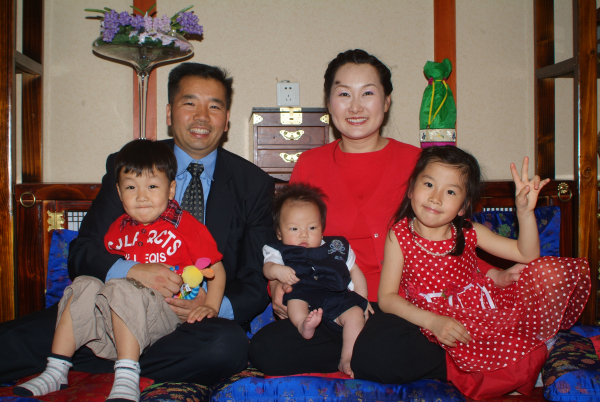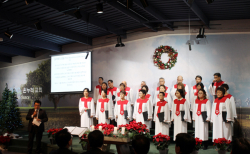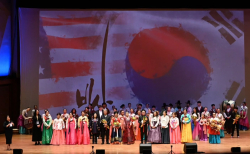
현재 리버티대학교에서 한인 교수로 활동하고 있는 한인 1.5세 팀 창(Tim Chang) 교수가 이번 여름 옥스포드 대학교에서 열린 옥스포드 종교 연구 심포지엄에서 북한 내 기독교가 성장하고 있다고 발표했다.
팀 창 교수는 프레젠테이션을 통해1900년대 초에 평양이 "동방의 예루살렘"으로 불리는 등 북한이 기독교가 크게 부흥된 지역이었다고 소개했다. 또한 기독교의 현재 부흥과 관련, 팀 창 교수는 1995년에서 1998년까지 북한에서 지속됐던 대기근 기간 10%의 북한주민들이 사망했다고 밝혔고, 살아남은 많은 북한 주민들이 중국으로 갔다가 대기근 이후 돌아왔다고 설명했다.
이 과정에서 북한 내 복음이 크게 확산됐다는 것이 팀 창 교수의 주장이다. 그는 중국에서 돌아온 많은 북한 주민들이 선교사와 전도사로 돌아와 친구와 가족에게 기독교를 전파했다고 보고했다.
팀 창 교수는 또 "북한 기독교인들이 전 세계에서 가장 극심하게 박해받고 있는 기독교인들"이라면서 "그들이 힘든 시기에 우리는 기독교 형제 자매로서 그들을 염두에 두고 기도해야 한다"면서 히브리서 13:3을 제시했다.

(Photo : 팀 창 교수) 중국 옌지시에서 찍은 팀창 교수 가족사진
© 2025 Christianitydaily.com All rights reserved. Do not reproduce without permission.




































